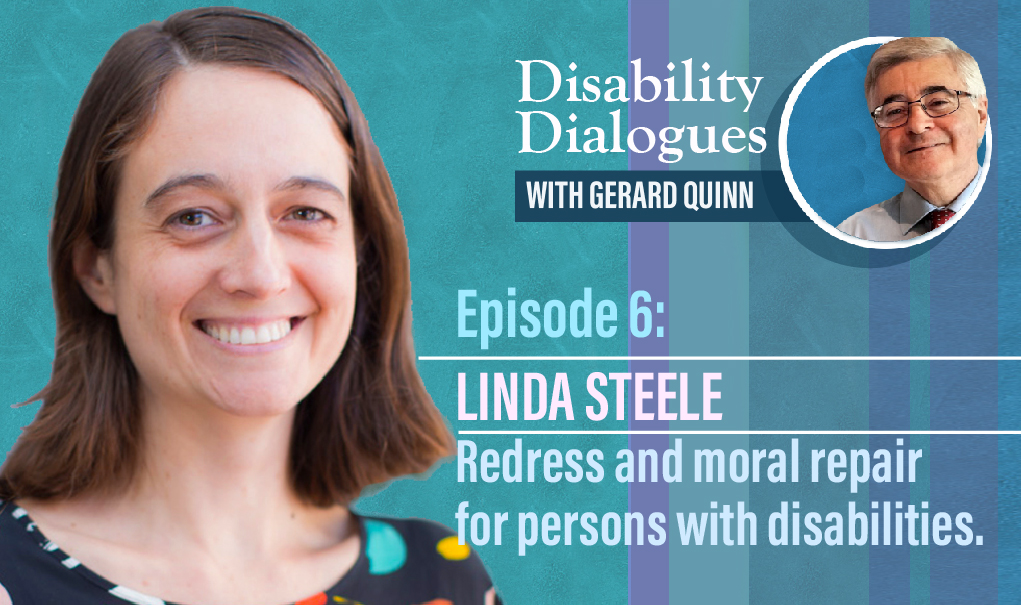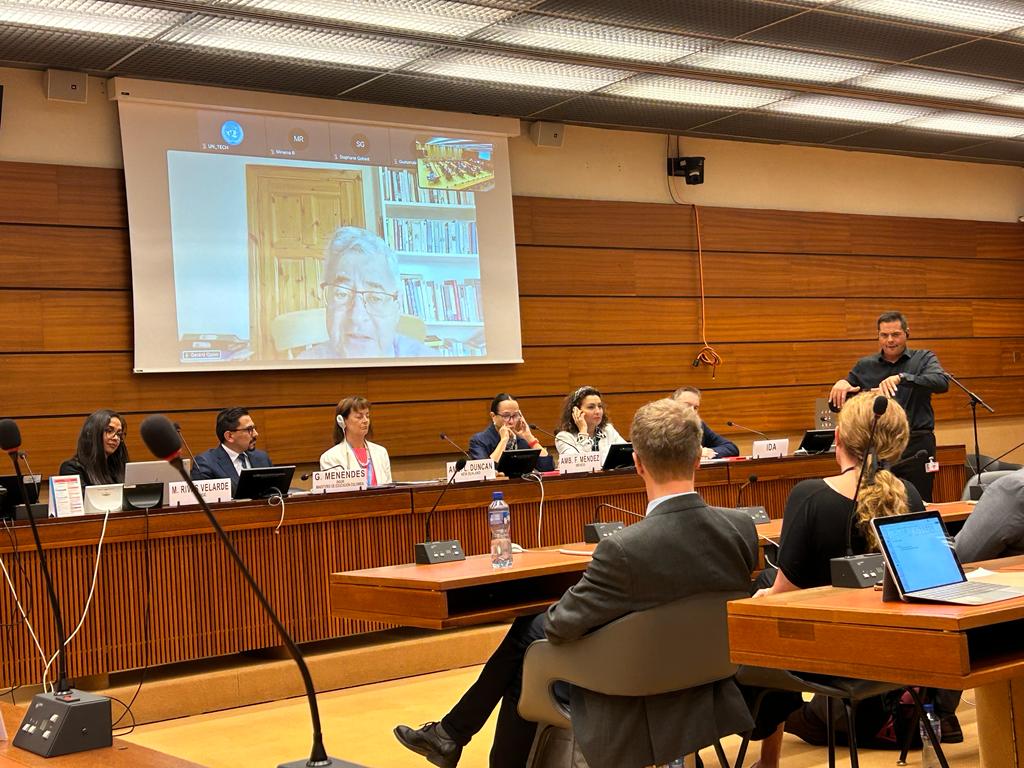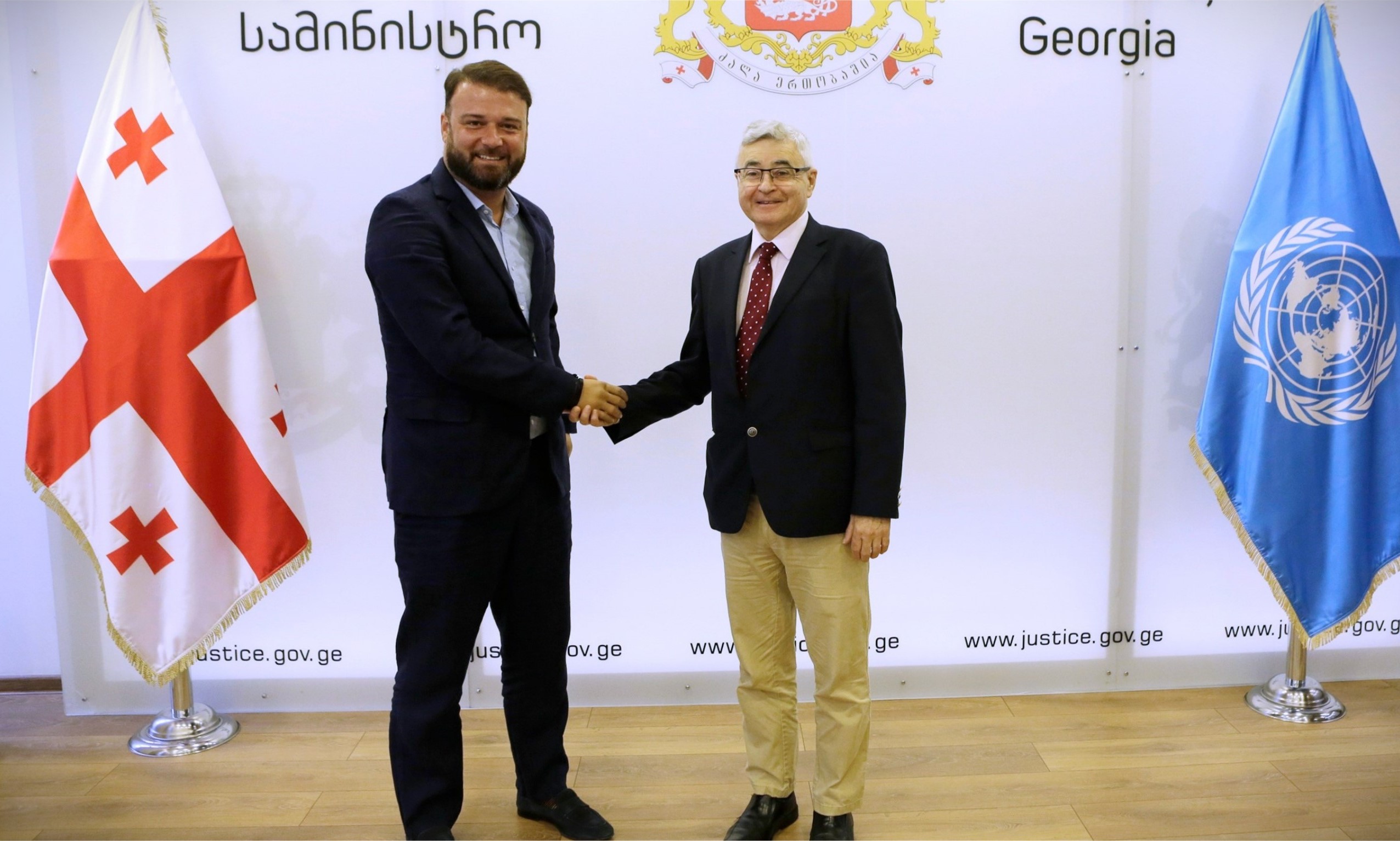Reflections on the European Commission’s proposed Regulation and Council Decision governing the Hague Convention on the Protection of Adults.
The European Commission in May 2023 proposed a Regulation on ‘jurisdiction, applicable law, recognition and enforceability of measures and cooperation in matters relating to the protection of adults’. The goal of the Commission’s proposal is to domesticate key elements of the Hague Convention and to ‘authorise’ those Member States that have not done so already to ratify the Hague convention and thus ensure a uniform European engagement with third countries on the issues.
This is the seminal issue of our time as it cuts right through to the topics of autonomy and personhood – something that affects both persons with disabilities as well as older adults.
For this reason, Gerard Quinn and Claudia Mahler, UN SR on the rights of persons with disabilities and Independent Expert on the rights of older persons respectively, issued a joint statement to express their views and concerns. In their view, there is much interpretive leeway on the Hague convention to allow it to be re-purposed to latch onto supported decision-making regimes.
In 2021, the two experts proposed a Declaration to steer the Hague Convention away from guardianship. Their principal concern was the fragmentation of international law and the need to seek as much coherence as possible, particularly between the Hague Convention and the UN CRPD.
The focus of these two instruments was quite different. The Hague convention was drafted in 2000, at a time when there was widespread acceptance of substitute decision-making regime – i.e., guardianship—for those who were not in a position to protect their own interests. This predicate was stood on its head by the UN CRPD of 2006, with its universal theory of personhood regardless of any differences of physical or mental capacity.
In this new joint statement, the two experts address the question of how can the 2000 Hague convention be re-purposed in light of the CRPD to subserve the higher and newer goal of protecting human autonomy. They propose to mould the Hague Convention to underpin and not undermine the UN CRPD, and create breathing space for the drafting and eventual adoption of a universal (UN) treaty on the rights of older persons.





